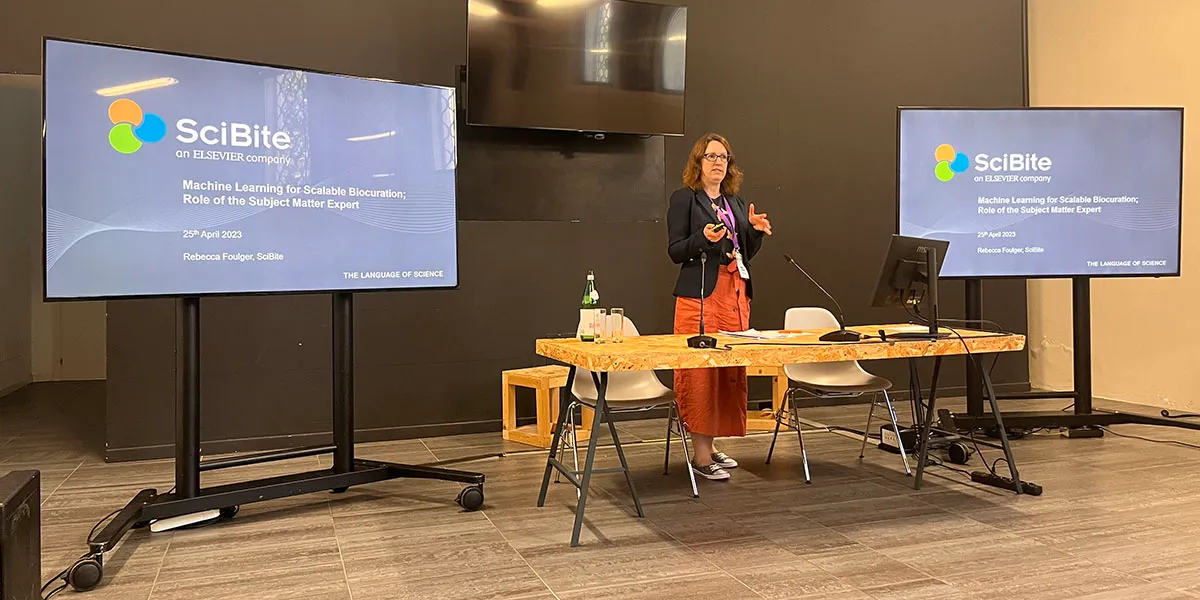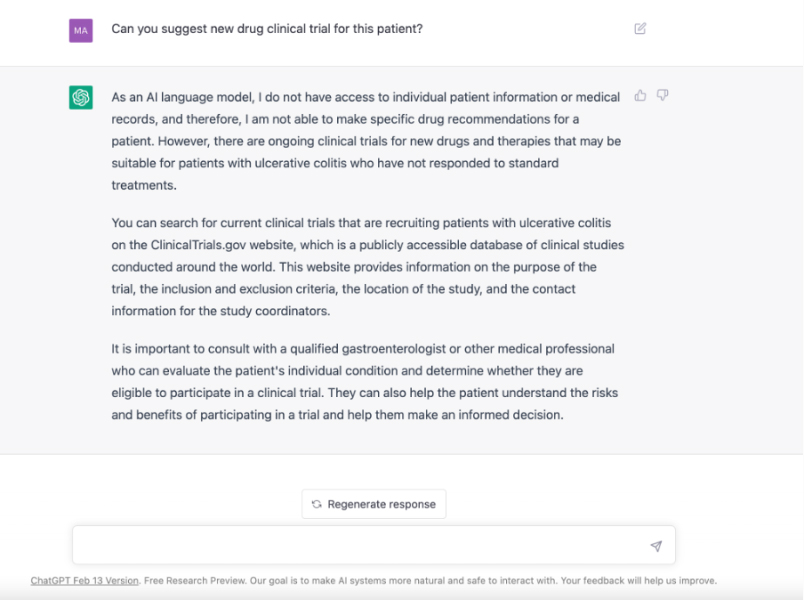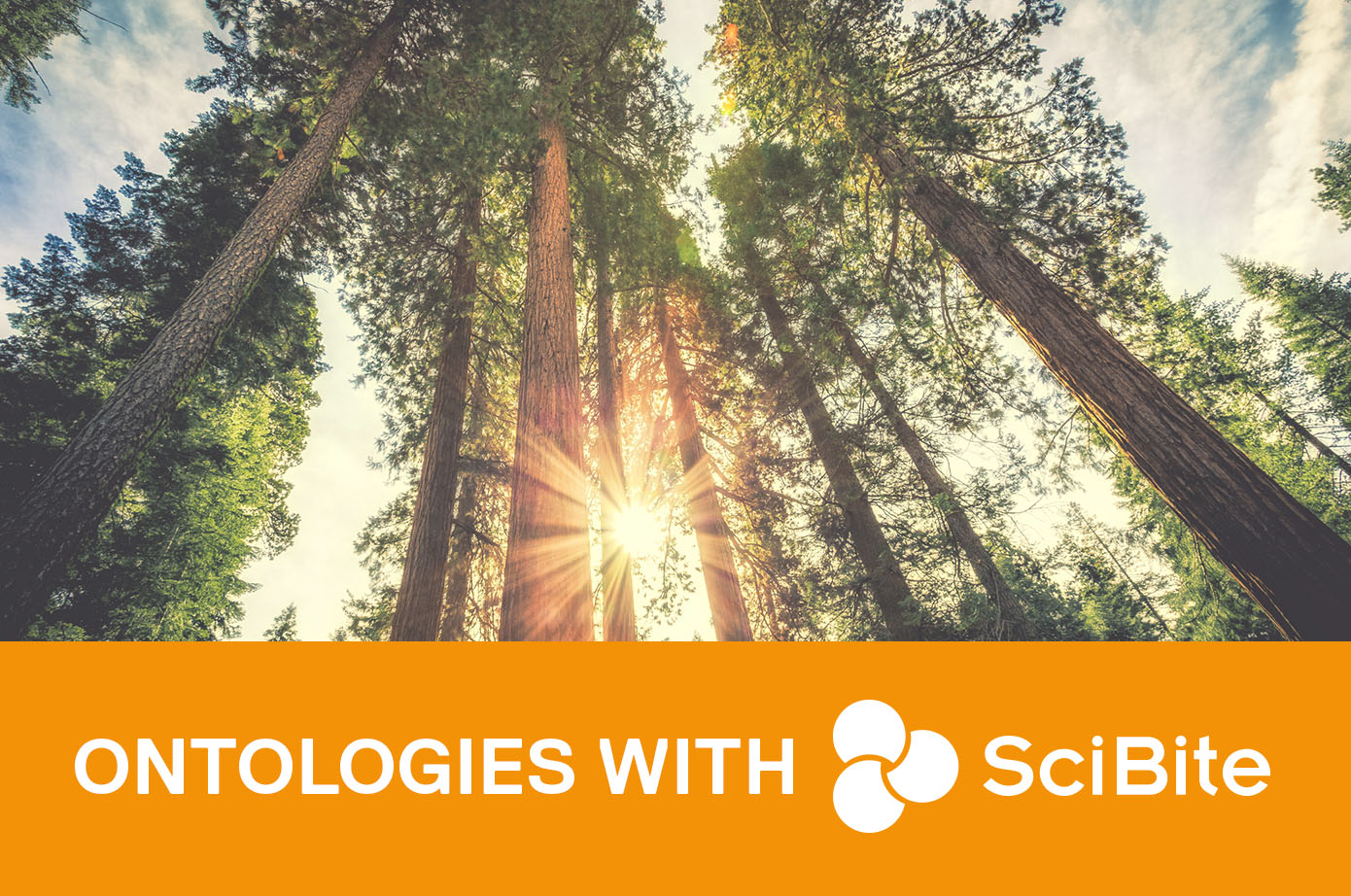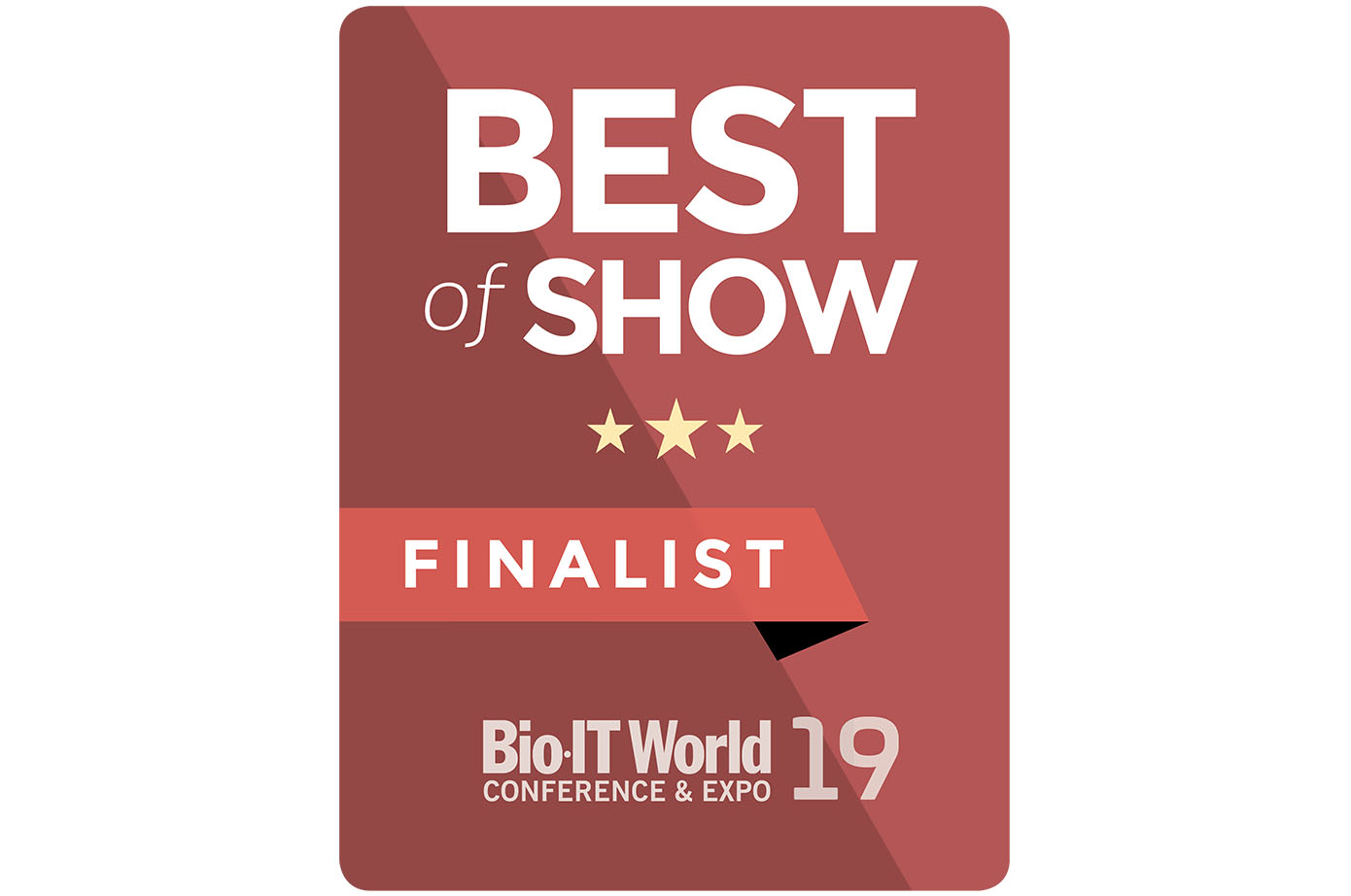
-
AI based chat application for life sciences:
Part II role of ontologies

Explore the vital role of ontologies in enhancing AI-based chat applications for life sciences, with a focus on improving transparency and data meaning.
Read -
AI based chat application for life sciences:
Part I key considerations

Are your teams now posing potentially confidential questions to consumer tools such as Bard and ChatGPT, relying on their responses?
Read -
With new tech comes new operationalization considerations


As technology advances, the landscape of operationalization undergoes a profound shift. Here, we unravel the intricacies that accompany new tech, exploring key operationalization considerations shaping the realms of machine learning and semantic indexing.
Read -
What is Retrieval Augmented Generation and why is the data you feed it so important?


Within the life sciences, evidence-based decision-making is imperative; wrong decisions can have dire consequences. As such, it is vital that systems that support the generation and validation of hypotheses provide direct links, or provenance, to the data that was used to generate them. But how can one implement such a workflow?
Read -
Are ontologies still relevant in the age of LLMs?


Technological advancements exhibit varying degrees of longevity. Some are tried and trusted, enduring longer than others, while other technologies succumb to fleeting hype without attaining substantive fruition. One constant, in this dynamic landscape is the data.
Read -
Microbiome repurposing: Is it a potential therapeutic approach & how can we do it with LLMs?


Discover the past and future of microbiome-based healing. From ancient remedies to modern AI, learn how SciBite's groundbreaking approach blends Large Language Models (LLMs) with advanced tech to unravel the potential of therapeutic microbiomes.
Read -
Large language models (LLMs) and search; it’s a FAIR game


Large language models (LLMs) have limitations when applied to search due to their inability to distinguish between fact and fiction, potential privacy concerns, and provenance issues. LLMs can, however, support search when used in conjunction with FAIR data and could even support the democratisation of data, if used correctly…
Read -
A report from the Biocuration 2023 Conference in Padua, Italy


The Biocuration Conference this year was held in the beautiful historic town of Padua in the Veneto region of Italy, renowned for its ancient University and picturesque old town. The stylish and relaxed atmosphere was the perfect place for catching up with old friends and establishing new connections and collaborations.
Read -
A review of the Pistoia Alliance Spring Conference 2023


Last week SciBite was lucky enough to attend, and present at, the Pistoia Alliance Annual Spring Conference ‘23, held at the fantastic Leonardo Royal Hotel, St. Pauls, London. Read the thoughts of our Director of Technical Consultants, Joe Mullen
Read -
Training AI is hard, so we trained an AI to do it


GPT3 is a large language model that is capable of generating text with very high fidelity. Unlike previous models, it doesn't stumble over its grammar or write like an inebriated caveman. In many circumstances it can easily be taken for a human author, and GPT-generated text is increasingly prolific across the internet for this reason.
Read -
Revolutionizing Life Sciences: The future of AI in Life Science [Part 2]


As discussed in part 1, Artificial intelligence (AI) has revolutionized several areas in life sciences, including disease diagnosis and drug discovery. In this second blog, we introduce some specific text-based models whilst also discussing the challenges and future impact of AI in Life Science.
Read -
Matching patients to clinical trials


Patient X, suffering from an untreatable gastrointestinal disease, chats with a large language model for advice. GPT suggests looking at clinical trials and Patient X finds 10 active recruiting trials but is unsure which to choose. Patient X consults his doctor, who recommends a trial from a pharmaceutical company. What could go wrong?
Read -
Revolutionizing Life Sciences: The incredible impact of AI in Life Science [Part 1]


Artificial intelligence (AI) has been applied to numerous aspects of the life sciences, from disease diagnosis to drug discovery; in the first of this two-part blog series, we outline the impact of AI in Life Science and illustrate the various success stories of AI in Life Science.
Read -
SciBite announces the release of SciBite Search 2.0


In this blog we announce the v2.0 release of SciBite Search, our intelligent scientific search platform. We’ve expanded our Elsevier data connectivity, broadening the sources you can load and search, as well as a host of features that improve the user experience.
Read -
The powerful combination of semantics-based Machine Learning and domain expertise


In this blog hear about SciBite's recent talk at Pistoia Alliance’s Spring Virtual Conference on semantics-based machine learning and domain expertise on a day dedicated to emerging science and technologies.
Read -
SciBite Search: Next-generation scientific search & analytics platform


SciBite launches AI-driven semantic search platform to help manage data deluge. Intelligent scientific search platform, SciBite Search, enables researchers to quickly find meaningful insights from structured and unstructured public and proprietary biomedical data.
Read -
Semantic approach to training ML data sets using ontologies & not Sherlock Holmes
In this blog we discusses how Sherlock Holmes (amongst others) made an appearance when we looked to exploit the efforts of Wikipedia to identify articles relevant to the life science domain for a language model project.
Read -
Building the future of text analytics
SciBite CSO and Founder Lee Harland features in KM World Magazine, where he talks about the future of text analytics and how ontologies are the de facto standard to encode semantics in an understandable form for both humans and machines.
Read -
A helping hand from BERT for Deep Learning approaches
SciBite CSO and Founder Lee Harland shares his views on the use of BERT (or more specifically BioBERT) for deep learning approaches.
Read -
How ontology enrichment is essential in maintaining clean data
Ontologies have become a key piece of infrastructure for organisations as they look to manage their metadata to improve the reusability and findability of their data. This is the final blog in our blog series 'Ontologies with SciBite'. Follow the blog series to learn how we've addressed the challenges associated with both consuming and developing ontologies.
Read -
The importance of facilitating collaboration and integration
Ontologies have become a key piece of infrastructure for organisations as they look to manage their metadata to improve the reusability and findability of their data. This is the third blog in our blog series 'Ontologies with SciBite'. Follow the blog series to learn how we've addressed the challenges associated with both consuming and developing ontologies.
Read -
Why simplifying visualization and curation is better for everyone
Ontologies have become a key piece of infrastructure for organisations as they look to manage their metadata to improve the reusability and findability of their data. This is the second blog in our blog series 'Ontologies with SciBite'. Follow the blog series to learn how we've addressed the challenges associated with both consuming and developing ontologies.
Read -
The benefits of centralizing ontology management
Ontologies have become a key piece of infrastructure for organisations as they look to manage their metadata to improve the reusability and findability of their data. This is the first blog in our blog series 'Ontologies with SciBite'. Follow the blog series to learn how we've addressed the challenges associated with both consuming and developing ontologies.
Read -
SciBite announced as best of show award finalists for Bio-IT World 2019
SciBite has been shortlisted for Bio-IT World 2019’s prestigious Best of Show Award.
Read -
Are ontologies relevant in a machine learning-centric world?
SciBite CSO and Founder Lee Harland shares his views on why ontologies are relevant in a machine learning-centric world and are essential to help "clean up" scientific data in the Life Sciences industry.
Read -
Text mining drug labels for genetic factors influencing efficacy and safety
Only 50-75% of patients respond beneficially to first-line drug therapy, causing unnecessary costs to healthcare providers and, more importantly, adversely impacting a patient’s quality of life. Text mining drug labels for genetic factors influencing efficacy and safety to support clinicians at the point of prescription.
Read
How could the SciBite semantic platform help you?
Get in touch with us to find out how we can transform your data
© Copyright © 2024 Elsevier Ltd., its licensors, and contributors. All rights are reserved, including those for text and data mining, AI training, and similar technologies.





















